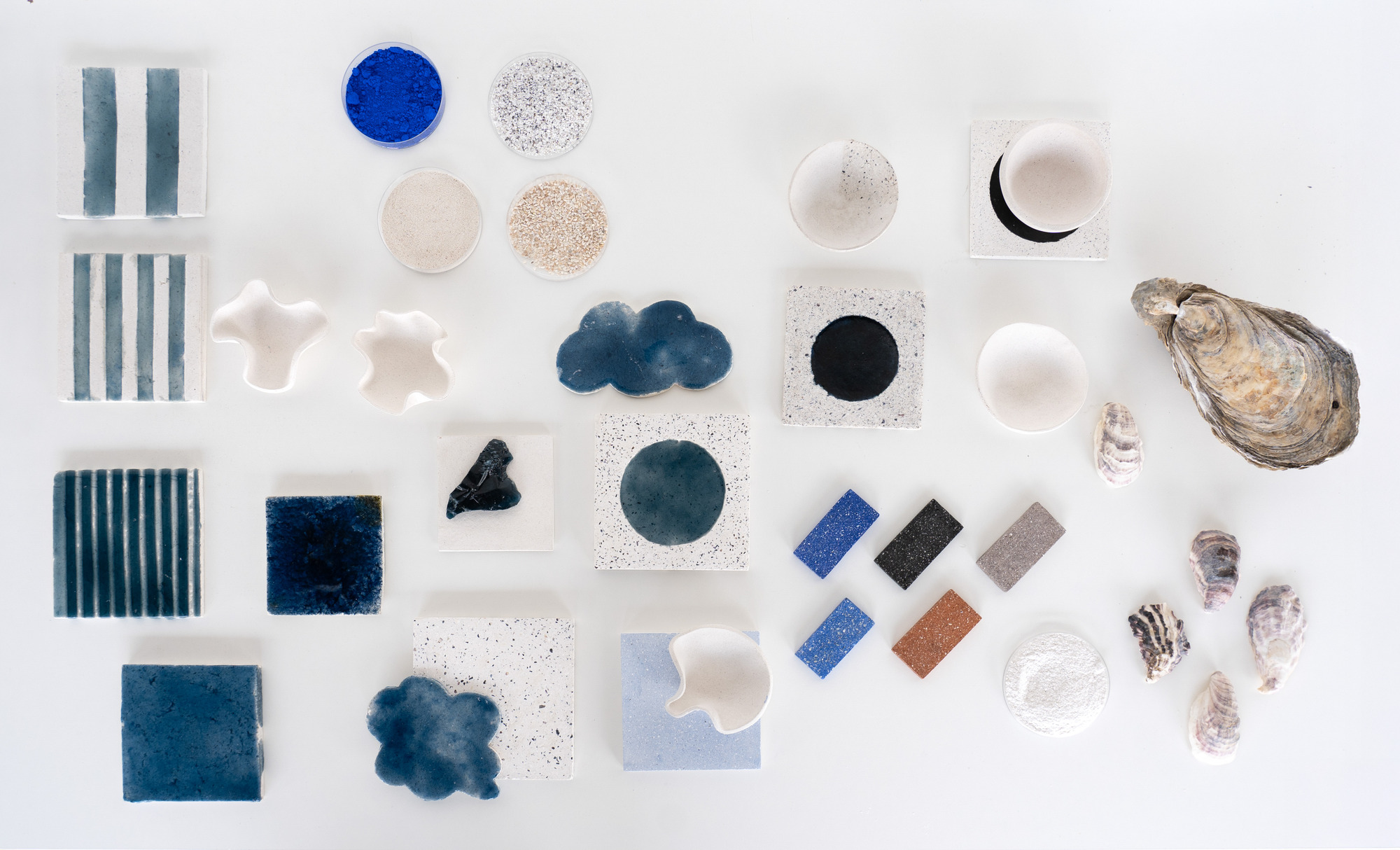
"All materials come from somewhere, embedded in a chain of extraction, supply, production, and disposal that, depending on its scale, leaves more or less significant marks on the environment. In architecture, we usually approach this trajectory through the lens of materials' circularity, considering how they can re-enter production cycles rather than become waste. Yet, broadening our view to unexpected places reveals parallel systems where by-products from one industry become resources for another."
"Embodying cultural memory and ecological consciousness, the installation was developed during the 2024 Radical Waters - Concrete Matters residency and later presented in the gardens of the Gulbenkian Center of Modern Art in Lisbon, comprising three sculptural pieces: a modular kitchen, a bench, and a linear table. Designed by Swiss architect Jeremy Morris and Portuguese-Swiss architect Luca Carlisle, the project explores material practices that move beyond extractive systems, seeking methods that repair and regenerate both ecological and social fabrics."
All materials originate within chains of extraction, supply, production, and disposal that leave environmental impacts varying by scale. Architecture often evaluates materials through circularity, prioritizing reintegration into production rather than disposal. Parallel systems convert by-products into resources, exemplified by organic waste transformed into biomaterials. Fahrenheit 180º repurposes discarded oyster shells to reinterpret Lisbon's iconic tiles, resulting in sculptural pieces: a modular kitchen, bench, and linear table. Developed during the 2024 Radical Waters - Concrete Matters residency and exhibited at the Gulbenkian Center of Modern Art gardens, the project advocates bioregional thinking, ecological repair, and attention to the Tagus estuary's oyster farming legacy.
Read at ArchDaily
Unable to calculate read time
Collection
[
|
...
]